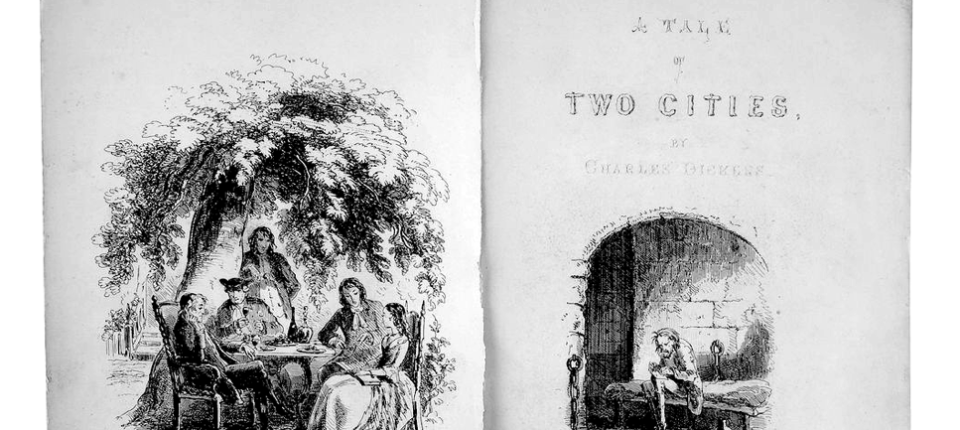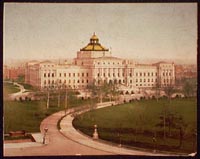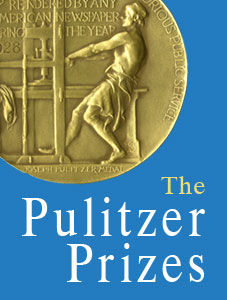April 30, 1859, Charles Dickens’s A Tale Of Two Cities is first published, the best of times ensue.
Category Archives: Did you Know?
Library of Congress is ‘Born’ on April 24, 1800
Today, the Library of Congress celebrates its birthday. On April 24, 1800, President John Adams approved the appropriation of $5,000 for the purchase of “such books as may be necessary for the use of congress.
Cory Doctorow: “Light a candle, curse the darkness and win the war on general purpose computers to save the world”
Cory Doctorow (Webstock, 2015) on technology:
If we’re going to solve the serious, existential risks to the human race – things like environmental apocalypse – we’re going to need social and technical infrastructure that can support evidence-driven, public-spirited institutions that can help steer us to a better place.
Alas, we’re in trouble there, too. We’re living in a nearly airtight bubble of corruption and coercion. The only policies that states can reliably be expected to enact are those with business models – laws and actions that make someone incredibly rich, producing the private wealth necessary to lobby state to continue the policy and keep the money flowing.
There’s always been practical limits to how wide the gap between the rich and poor can get – at a certain point, elites end up spending more money guarding their wealth from the ever-enlarging, ever-more-desperate cohort of poor than they’re getting from corrupt policies and self-dealing relationships with the state.
But technology changes all that. The automation of surveillance and coercion makes the business of maintaining social order vastly cheaper, and therefore increases the amount of wealth the very richest can keep to themselves rather than doling out dribs and drabs to the rest of us.
Thus the miseries of a technologically supported system of feudalism dwarf those of the darkest days of kings and lords. And the ever-dwindling accountability of ruling elites means that evidence-driven policy is harder and harder to enact, and when it is, that policy needn’t be in the common interest.
We need to crack the airtight bubble. We need to find a way to begin unravelling the knotwork of decades of neoliberal corruption.
The first step to this is to seize the means of information. We need computers that we do what we tell them to do, and networks that we can trust, in order to carry out a program of popular reform for good governance, fairness, and equity.
We can do this, and we will do this. Because this is a policy with a business-model, and policies with business-models are the only policies the modern state can be relied upon to enact.
Watch him speak to this point (and so much more) in an hour-long video here:Â https://vimeo.com/123473929
Google is Changing its Search Algorithm
Google is changing its search algorithm Tuesday to favor sites that look good on smartphones [sites that are ‘mobile-ready’].
Is this a good idea? Yay or nay.
Websites Prep for Google’s ‘Mobilegeddon’ – Digits – WSJ.
The Pulitzer Prize Winners for 2015
Ladies and gentlemen, here are the 2015 Pulitzer Prizes:
Journalism
 Public Service: The Post and Courier, Charleston, SC
Breaking News Reporting:Â The Seattle Times Staff
Investigative Reporting:Â Eric Lipton of The New York Times;Â Â The Wall Street Journal Staff
Explanatory Reporting:Â Zachary R. Mider of Bloomberg News
Local Reporting:Â Rob Kuznia, Rebecca Kimitch and Frank Suraci of the Daily Breeze, Torrance, CA
National Reporting:Â Carol D. Leonnig of The Washington Post
International Reporting:Â The New York Times Staff
Feature Writing:Â Diana Marcum of the Los Angeles Times
Commentary:Â Lisa Falkenberg of the Houston Chronicle
Criticism:Â Mary McNamara of the Los Angeles Times
Editorial Writing:Â Kathleen Kingsbury of The Boston Globe
Editorial Cartooning:Â Adam Zyglis of The Buffalo News
Breaking News Photography:Â St. Louis Post-Dispatch Photography Staff
Feature Photography:Â Daniel Berehulak, freelance photographer, The New York Times
 Letters, Drama, and Music
Fiction:Â All the Light We Cannot See by Anthony Doerr (Scribner)
Drama:Â Between Riverside and Crazy by Stephen Adly Guirgis
History:Â Encounters at the Heart of the World: A History of the Mandan People by Elizabeth A. Fenn (Hill and Wang)
Biography or Autobiography:Â The Pope and Mussolini: The Secret History of Pius XI and the Rise of Fascism in Europe by David I. Kertzer (Random House)
Poetry:Â Digest by Gregory Pardlo (Four Way Books)
General Nonfiction:Â The Sixth Extinction: An Unnatural History by Elizabeth Kolbert (Henry Holt)
Music:Â Anthracite Fields by Julia Wolfe (Red Poppy Music/G. Schirmer, Inc.)
Source:Â http://www.pulitzer.org/awards/2015



